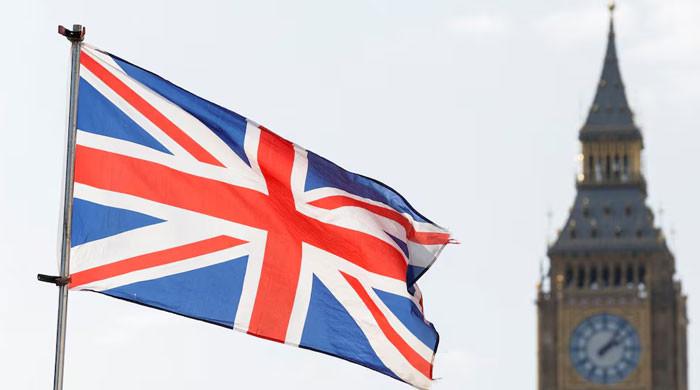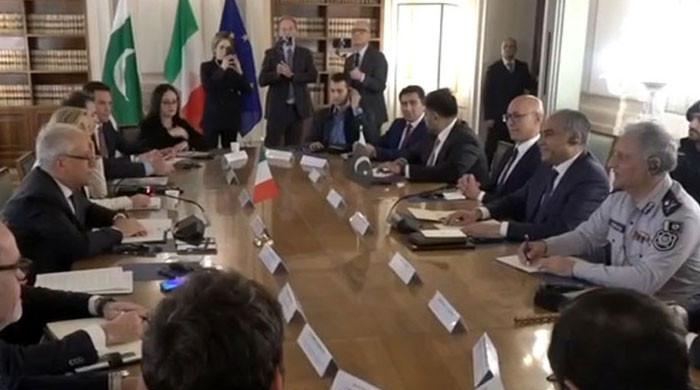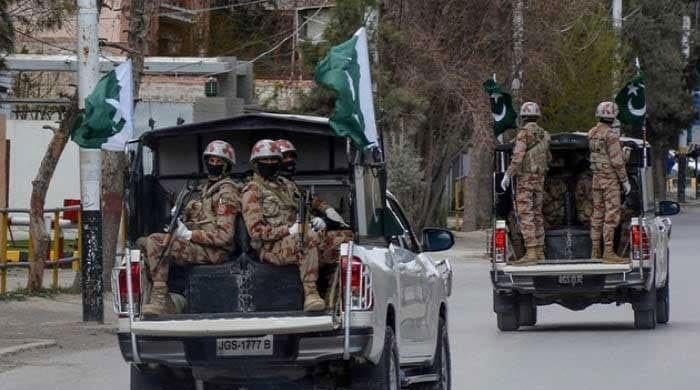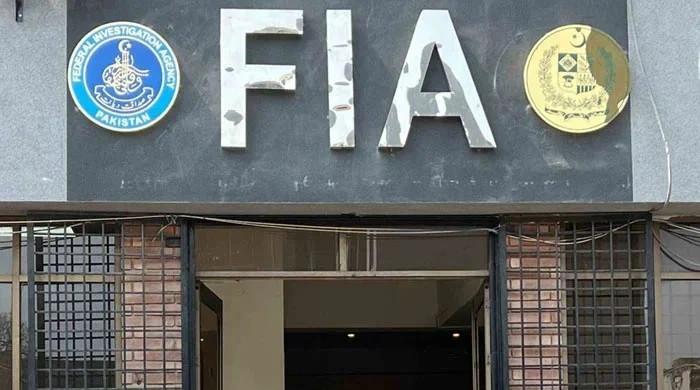India stood to lose more than Pakistan in long-term war: experts
S&P warns that an extended conflict could undermine India’s appeal to foreign investors
May 13, 2025
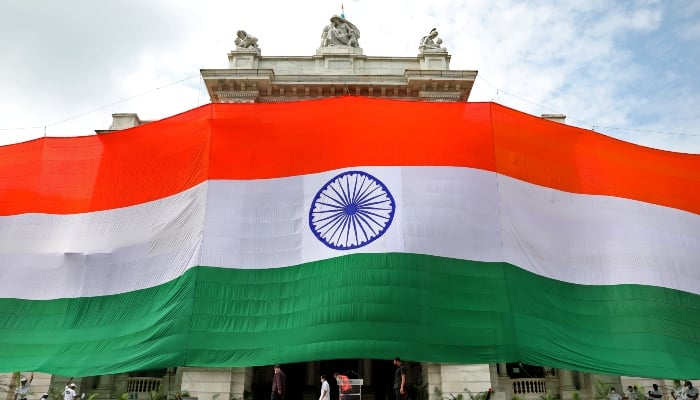
- $83 billion wiped off Indian markets in 48 hours.
- Ex-Indian NSCl official said India has more to lose economically.
- Eurasia Group noted conflict raises India’s global risk perception.
In addition to respected international outlets like Bloomberg, several Indian economists, American financial intelligence firms, former members of India’s National Security Council, and expatriates affiliated with global risk consultancies observed during the recent brief yet intense Pakistan-India conflict that India’s economy had significantly more at stake than Pakistan’s in the event of a prolonged war, according to The News.
According to reports from Indian media, investors in the country lost approximately $83 billion, equivalent to PKR 23.5 trillion, within the first 48 hours of hostilities, as markets plummeted. This represented a major shock to India’s $4.19 trillion economy, which is supported by $821 billion in exports and boasts a substantial Foreign Direct Investment (FDI) stock of $514 billion.
Standard & Poor’s (S&P), the prominent US-based financial intelligence and credit rating agency, warned that an extended conflict could undermine India’s appeal to foreign investors, particularly those aiming to expand operations and diversify supply chains.
The New York-based Bloomberg News, which has over 2,300 staffers worldwide, and a sister concern of Messrs Bloomberg L.P (a privately held financial, software, data and media company), Bloomberg Television, Bloomberg Radio and Bloomberg Businessweek etc, had gone on to report: “While militarily both countries have the ability to inflict untold damage, in economic terms, India increasingly has much more at stake. India’s surging gross domestic product is now more than eight times the size of Pakistan’s, according to the World Bank, a gap that has roughly doubled since the turn of the century.”
The media outlet had added: “The economic disparity between the neighbours only looks set to get wider still. Prime Minister Narendra Modi is aiming to position India as a winner from the US-China trade fight, attracting more foreign companies like Apple Incorporated to shift production to India."
"Just this week, India cut a trade deal with the UK and continues moving faster than other nations on sealing a pact with President Donald Trump to lower tariffs,” it said.
Bloomberg further opined: “If India and Pakistan ever were to strike a peace deal, the potential for economic gains is massive. Together, they account for about 20% of the world’s population and have mutually understandable languages. Although they share a 2,000-mile (3,200-kilometre) border, trade between them was minuscule at $322 million last year.”
The Bloomberg News then quoted a former director of India’s National Security Council Secretariat, Bhashyam Kasturi, as saying: “For the moment, we do not know how Pakistan will react, but India has more to lose.”
The media house also carried the views of another Indian, Abhishek Gupta, working for its media group: “India has a lot at stake if any escalation on the border with Pakistan goes out of control and leads to a broader conflict. That may dent investors’ confidence in India as a safe haven from Trump’s tariffs, and capacity constraints at the political level may shift the focus away from the economy.”
According to Pramit Pal Chaudhari, South Asia practice head at the New York-based “Eurasia Group,” a noted American political risk consultancy, although Pakistan’s economic woes had made it less relevant on the international stage, it still had the potential to disrupt India’s efforts to become an export-oriented nation that was a key piece of the global supply chain, especially as it looks to attract companies from China. Pramit Pal had held: “This adds to your risk premium. For India, these add to the image that you don’t want.”







